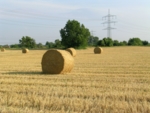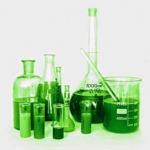Main navigation
Search Results
-
-
-
-
Database - 21/04/2016 https://www.biooekonomie-bw.de/en/databases/fundingFunding
-
Commitment for the future of the region https://www.biooekonomie-bw.de/en/bw/location/akteursplattform-biooekonomie-baden-wuerttemberg
Akteursplattform Bioökonomie Baden-Württemberg
-
-
-
-
-
-
-
-
-
Article - 10/01/2019 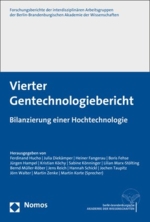
Stocktaking and recommendations for action: the BBAW’s fourth gene technology report
In the new gene technology report, the interdisciplinary working group of the Berlin-Brandenburg Academy of Sciences (BBAW) takes stock of gene technology developments in Germany during the past few decades, and discusses the societal, legal and ethical challenges associated with these technologies in the future. The report is highly topical due to the controversy surrounding the ruling of the European Court of Justice on CRISPR/Cas9 genome…
https://www.biooekonomie-bw.de/en/articles/news/stocktaking-and-recommendations-for-action-the-bbaws-fourth-gene-technology-report -
Article - 12/03/2019 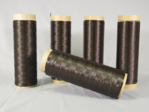
Biocarbon fibres made of lignin
Carbon fibre is increasingly found in airplanes, cars and wind turbines. Carbon fibre is still made from oil and relatively expensive. However, this is soon to change. Researchers from the German Institutes of Textile and Fibre Research in Denkendorf (DITF) are working on the development of cost-effective carbon fibre made of lignin, a by-product of papermaking.
https://www.biooekonomie-bw.de/en/articles/news/biocarbon-fibres-made-of-lignin -
Article - 11/02/2019 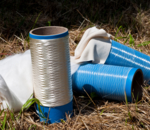
Natural biopolymers - the sustainable almost-all-rounders
Wood pulp as well as hemp and flax are renewable raw materials that can be processed into fibres of a new performance class using innovative technologies. They are environmentally friendly and help to solve waste problems. Products and processes for these fibres of the future are being developed at the DITF Denkendorf. They are suitable for textile and technical applications.
https://www.biooekonomie-bw.de/en/articles/news/natural-biopolymers-the-sustainable-almost-all-rounders -
-
-
-
-
-
-
Dossier - 23/09/2013 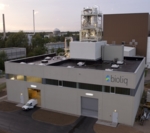
Bioeconomy a new model for industry and the economy
On the one hand, a bioeconomy relies on renewable resources to meet society’s need for food, energy and industrial products. On the other, it emphasises the role of biogenic material flows. The bioeconomy model is expected to reduce our dependency on fossil fuels in the long term. In order to implement the shift to a biobased economy on the regional level, the Baden-Württemberg government launched the Bioeconomy Research Strategy in summer 2013.
https://www.biooekonomie-bw.de/en/articles/dossiers/bioeconomy-a-new-model-for-industry-and-the-economy -
Article - 27/03/2019 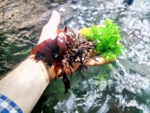
Residues from biogas plants as feed for algae
Algae are frugal organisms. They require only light, water, minerals and carbon dioxide to be able to produce biomass. These properties will now be exploited economically in a two-year research project. Dr. Stefan Sebök from the University of Hamburg plans to study the holistic utilisation of degradation products of a biogas plant in Wallerstädten by linking them to land-based algae cultivation.
https://www.biooekonomie-bw.de/en/articles/news/residues-from-biogas-plants-as-feed-for-algae
